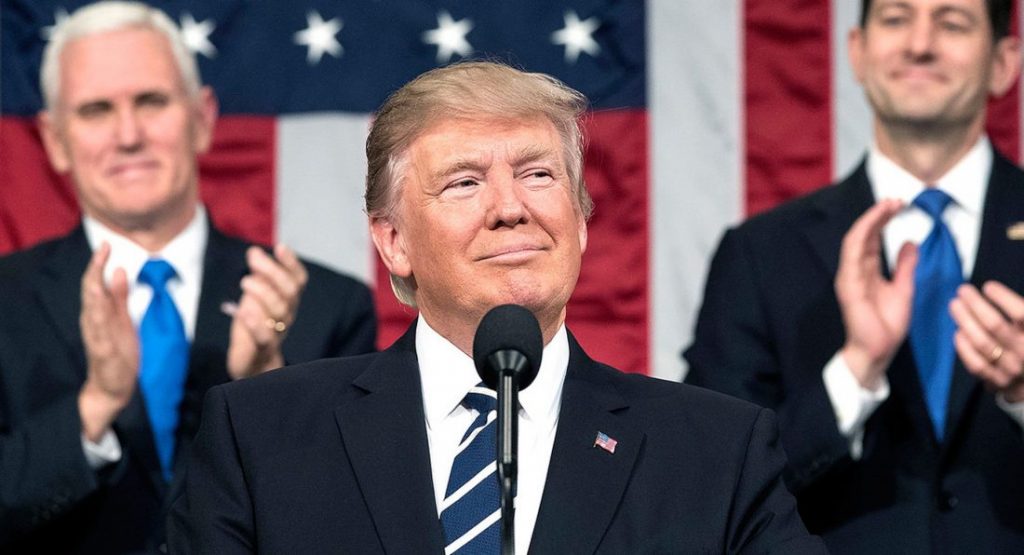Japanese automakers are exporting an increasing number of vehicles to the United States and this is sparking fears that the country could become the next target for President Trump’s protectionist policies.
The fears aren’t entirely unfounded as The Wall Street Journal says Trump recently complained that “Japan sends us millions and millions of cars, and we tax them virtually not at all.” Trump went on to say the United States doesn’t export much back to Japan as there are “trade barriers and lots of other things.”
Japanese Prime Minister Shinzo Abe has been pushing Trump to join the Trans-Pacific Partnership to help eliminate some of these obstacles but it wouldn’t have any effect on increasing American car sales in the country as Japan doesn’t tax imported vehicles. Trump doesn’t seem interested in the offer either as he prefers a one-on-one deal with Japan instead.
While a number of Japanese automakers have plants in the United States, America’s insatiable demand for crossovers means Japanese exports have been on the rise. Nissan’s exports to the United States climbed nearly 30% last year thanks to the introduction of the Rogue Sport. Likewise, Toyota imports more than 50% of the RAV4s sold in America from Japan.
Last year, Japanese automakers sent 1.76 million vehicles to the United States while the American companies only sold a handful of cars in Japan. American automakers control less than one percent of the market in Japan and Ford bailed on the country in 2016 as it couldn’t find a path to profitability.
The situation could get slightly better in the future as Toyota and Mazda recently announced plans to open a joint factory in Huntsville, Alabama. The plant will have an annual production capacity of 300,000 units and it will build the Toyota Corolla as well as a Mazda crossover.










